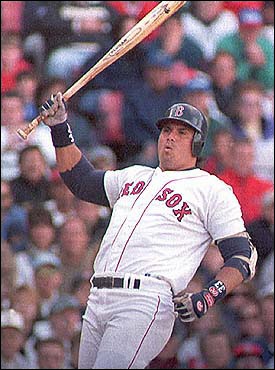While Gil Cates is a terrible director (prima facie: Oh God, Book II) and a spotty producer of televised awards ceremonies, and while we wish to make it clear in almost every way that we are not, by and large, Gil Cates fans, we must applaud his efforts to cater to the basest audience impulses by publicly shaming Oscar nominees. Apparently, Cates’ plans involve having some of the nominees schlep on stage, whereby the winners will step forward while the runner-ups will be forced to stand in darkness.
Walter Murch is the strongest opponent of the plan: “To apply some kind of PMI (People magzine index) to the nominees and make this the criterion for whether they get to go onstage or not and speak to the Academy is disgraceful to the Academy.”
Murchie, love your work on Coppola’s films and your Touch of Evil restoration, but I got news for you, pal: The Oscars are all about PMI.
We applaud this in the most strenuous manner. Catfights, bad fashion decisions, crudely uttered stump speeches and televised spats are, after all, what the Oscars is all about. Affluent, well-coiffed and vacant-brained starlets pulling hissy fits when they aren’t LUVED by the Academy (a term, we might add, which has absolutely no educational or platonic value) are what we watch this silly ceremony for. Between this and Chris Rock hosting, Cates seems to be gearing us for a fantastic televised shitstorm.


 If you’ve ever made the drive to Reno or you’ve had the good fortune of riding today’s version of the Central Pacific Railroad, chances are you’re familiar with the Cape Horn grade. Near Colfax, the railroad juts upward and if you are fortunate enough to ride the railroad, one makes out a stunning view overlooking the American River.
If you’ve ever made the drive to Reno or you’ve had the good fortune of riding today’s version of the Central Pacific Railroad, chances are you’re familiar with the Cape Horn grade. Near Colfax, the railroad juts upward and if you are fortunate enough to ride the railroad, one makes out a stunning view overlooking the American River.